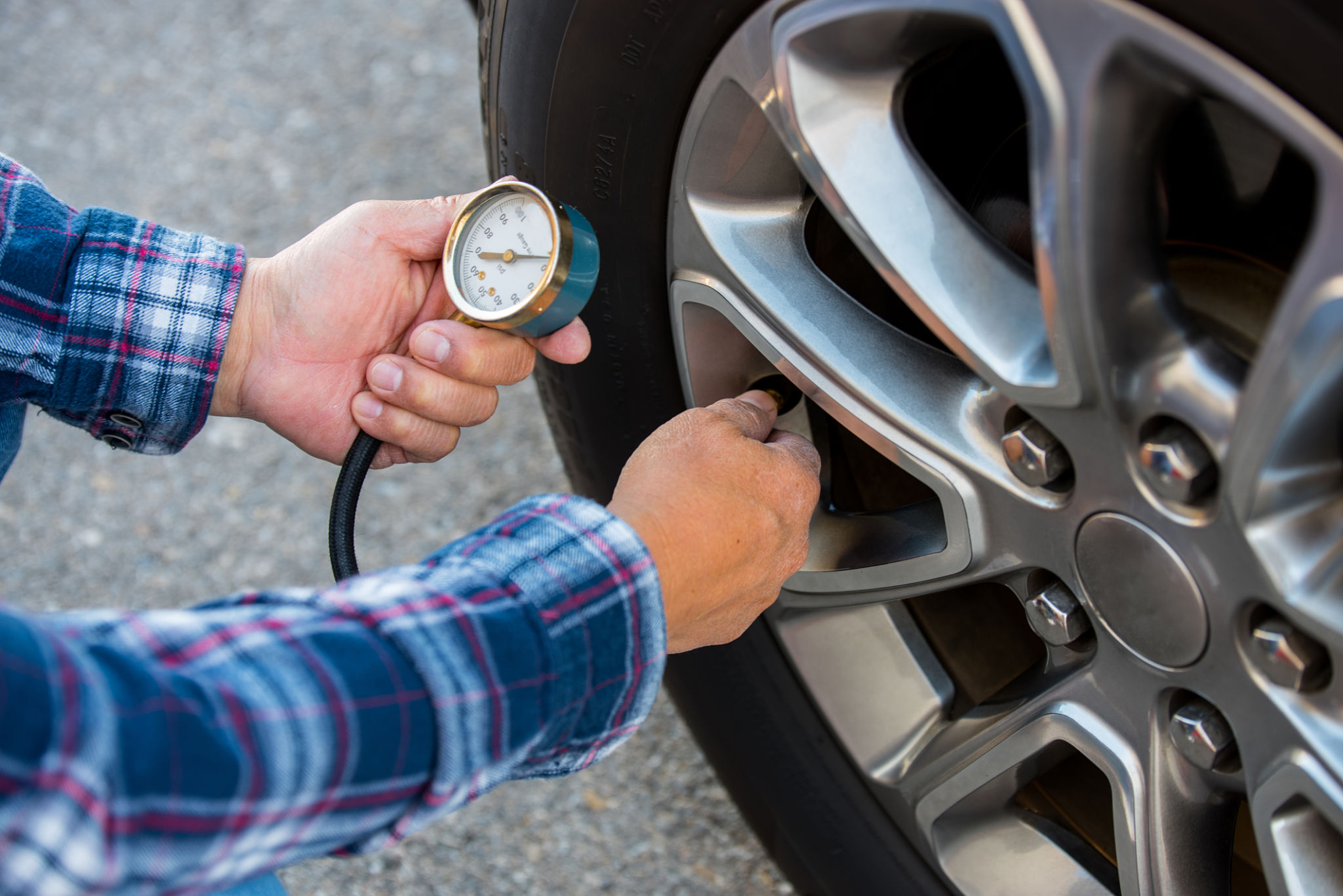Seasonal Car Care: Preparing Your Vehicle for UK Winters
Understanding the Challenges of UK Winters
Winter in the UK can bring a host of challenges for motorists, from icy roads to dense fog and heavy rain. Preparing your vehicle for these conditions is essential to ensure safety and reliability. With the right care and attention, you can minimize the risks associated with winter driving and keep your vehicle running smoothly throughout the colder months.
The drop in temperature can affect various aspects of your vehicle, from the battery to the tires. Understanding these impacts and taking proactive steps can make all the difference. Let's explore how you can prepare your vehicle for the harshest of UK winters.

Check and Maintain Your Battery
The car battery is one of the most affected components by cold weather. Low temperatures can reduce a battery's efficiency, making it harder to start your engine. Before winter fully sets in, it's wise to have your battery tested. If it's more than three years old, consider replacing it as a precaution. Keeping the battery connections clean and free of corrosion will also help maintain a strong charge.
During winter, try to drive your car regularly, even for short trips, to help keep the battery charged. If you only use your vehicle occasionally, investing in a battery maintainer might be beneficial to prevent it from losing charge over time.
Ensure Adequate Tire Care
Tire care is another critical aspect of winter preparedness. As temperatures drop, tire pressure can decrease, leading to reduced grip and increased fuel consumption. Check your tire pressure regularly and inflate them according to the manufacturer's recommendations. Adequate tread depth is also essential for safe winter driving. The legal minimum tyre tread depth in the UK is 1.6mm, but during winter, it's advisable to have at least 3mm for optimal grip.

Consider switching to winter tires if you live in an area that experiences severe weather conditions. Winter tires are designed to provide better traction on snow and ice, offering enhanced safety and performance.
Keep an Eye on Fluids
Ensuring that all your vehicle's fluids are topped up and in good condition is crucial in winter. This includes engine oil, coolant, brake fluid, and windshield washer fluid. Use a winter-grade oil that flows better at lower temperatures, providing adequate lubrication for engine components.
The coolant system should be flushed and refilled every few years to prevent freezing in extreme cold. Ensure your windshield washer fluid is rated for low temperatures to avoid freezing on your windshield, maintaining clear visibility during adverse weather conditions.

Prepare for Emergencies
No matter how well-prepared your vehicle is, emergencies can still happen. It's wise to have a winter emergency kit in your car at all times. This kit should include items such as a blanket, flashlight, de-icer, scraper, jump leads, basic tools, and some non-perishable snacks.
If you find yourself stranded or facing unexpected delays due to weather conditions, these items can provide comfort and safety until help arrives. It's also advisable to keep a fully charged mobile phone handy for emergency calls.
Regular Maintenance Checks
Regular maintenance checks are key to ensuring your vehicle remains safe and reliable throughout winter. Schedule a service appointment with your mechanic before the cold weather sets in. They can perform a comprehensive check of your vehicle's critical systems and identify potential issues before they become serious problems.

With these tips in mind, you'll be better equipped to handle whatever the UK winter throws your way. By taking the time to prepare your vehicle now, you can enjoy peace of mind knowing you're driving safely and efficiently through even the harshest conditions.
